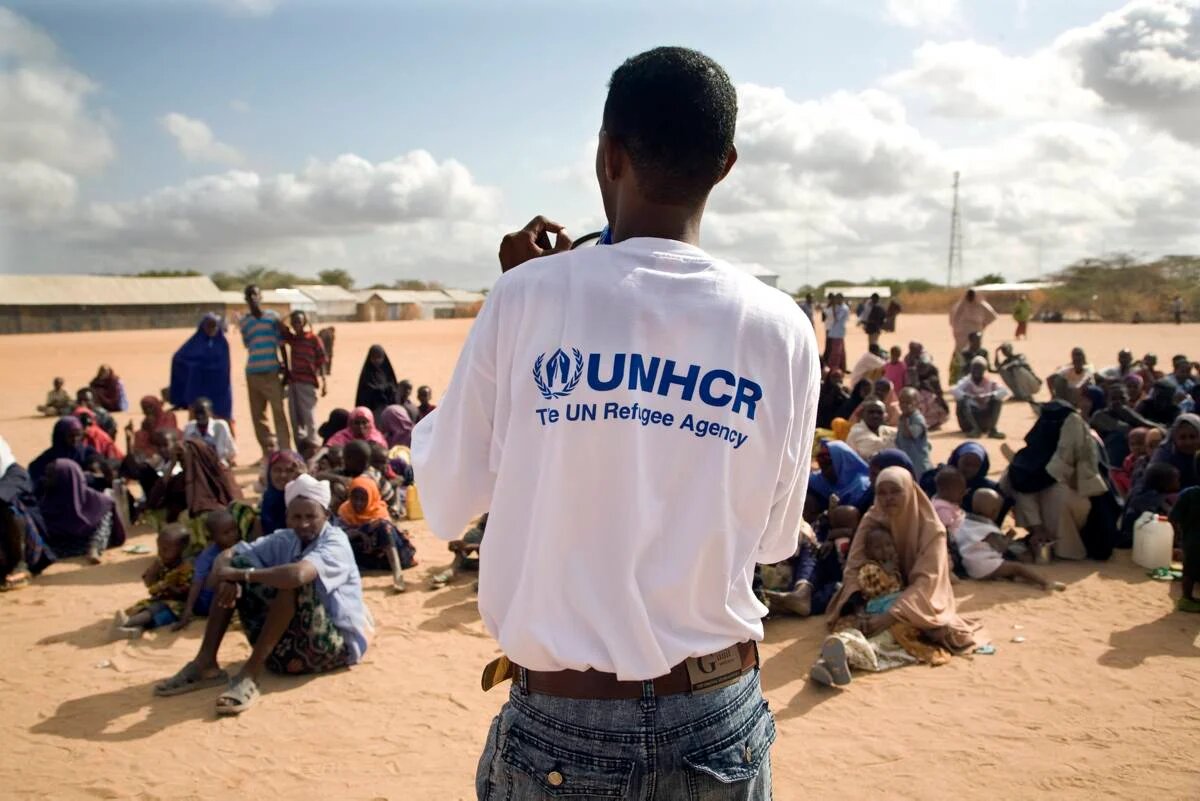The QC and UNHCR agreement will support at least 125,000 forcibly displaced people in Kenya, Lebanon, and Libya.
Qatar Charity (QC) has provided the United Nations Refugee Agency (UNHCR) with $2,504,693 to provide crucial assistance to thousands of forcibly displaced persons in Kenya, Lebanon, and Libya, the UN agency announced on Wednesday.
The Qatari contribution came under a memorandum of intent “on Islamic Charitable Cooperation” that QC and UNHCR had signed in March.
“We value Qatar Charity’s role and its vital contributions, which will have a positive impact on the lives of thousands of refugee and internally displaced families who depend on humanitarian aid to alleviate their suffering and improve their living conditions,” Ahmed Mohsen, UNHCR representative in Qatar, said in a press release.
The memorandum enabled the UN agency to provide water, sanitation and hygiene kits to more than 116,000 refugees in Kenya.
A total of 1,871 Syrian refugees in Lebanon will be able to receive secondary medical referrals.
A total of 7,750 people who have been internally displaced people and made refugees by September’s floods in Libya will receive cash assistance, UNHCR added.
In total, the QC and UNHCR agreement will support at least 125,000 forcibly displaced persons.
The displaced populations in the countries targeted by the donation are grappling with a dire humanitarian crisis.
Kenya has 650,000 refugees living across the Dadaab refugee complex and the Kakuma refugee camp, many of whom have been forced to flee either out of the climate crisis, conflict, or food insecurity.
Notably, Dadaab was established in 1991 when refugees fled the civil war in Somalia, followed by another influx of 130,000 refugees in 2011 due to drought and famine, according to UNHCR.
UNHCR noted that Kenya remains among the countries with the largest refugees in Africa.
In Libya, nearly 42,000 people have been displaced this year following September’s hurricane Daniel that struck Derna city, killing at least 4,345 people.
Libya is also facing a wave of refugees coming from neighbouring Sudan under the ongoing brutal war that has dragged on for nearly nine months without a ceasefire in sight.
Meanwhile, Lebanon has the largest number of refugees per capita in the world, including 1.5 million Syrian refugees— 90% of which require humanitarian assistance— and at least 11,645 of other nationalities.
It is estimated that more than half of Lebanon’s population is living below the poverty line in light of the country’s worst economic downfall since the 1975 civil war.
The Lebanese pound reached a record low value this year, losing about 97% of its value to the U.S. dollar.
Southern Lebanon is currently witnessing cross-border attacks between Hezbollah and Israel that have intensified since October 8.
The UN’s International Organization for Migration said on November 19 that there are about 46,325 displaced persons, most of them from the south, due to the border tensions.







